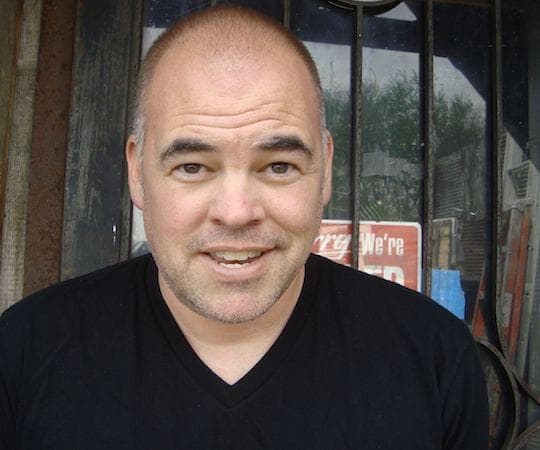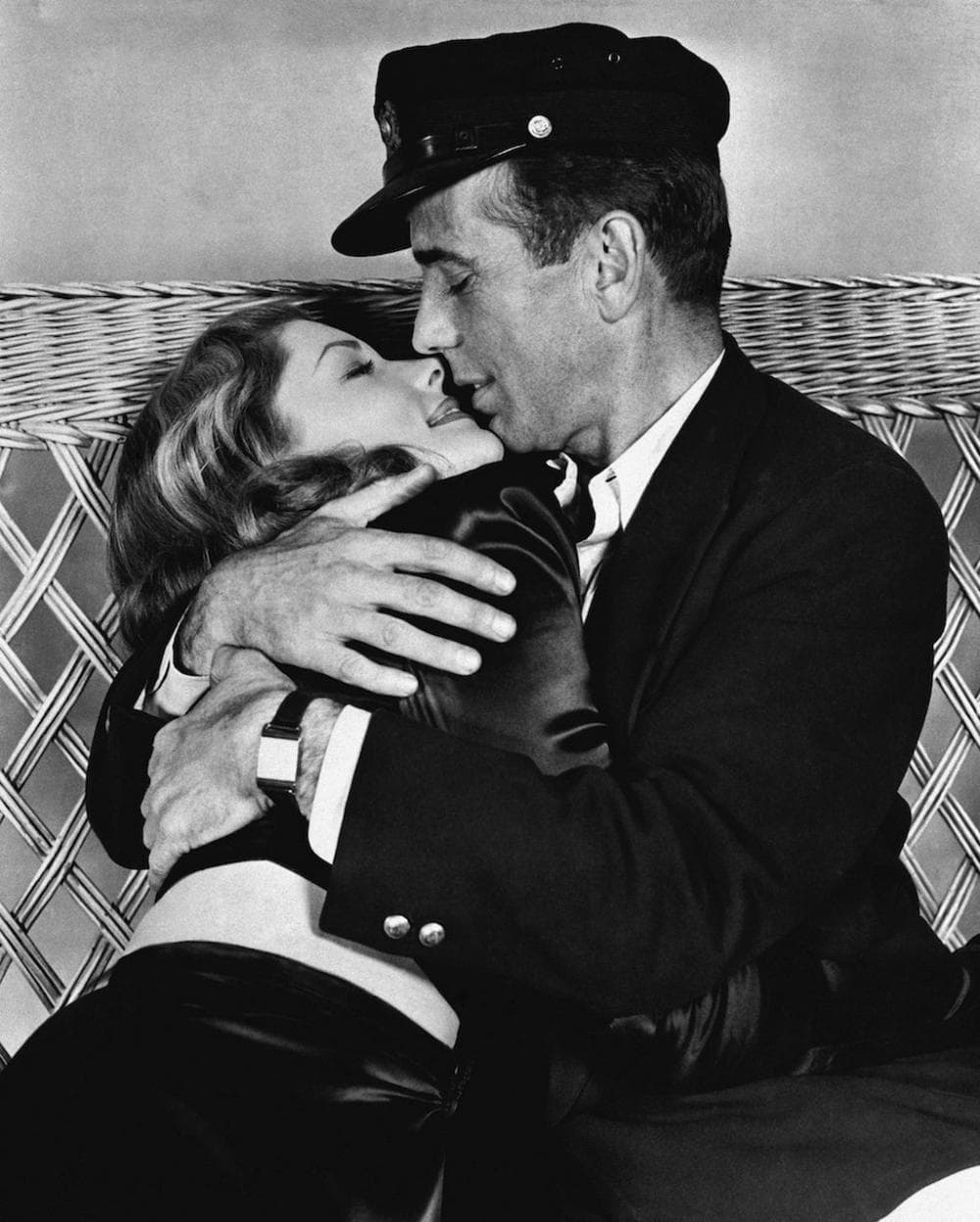Advertisement
Matthew Quick's Teen Rebel Loves Bogart, Hates Bullies ... And Has A Gun

Neil Gaiman’s new book, “The Ocean At The End Of The Lane,” is an adult novel that reads more like a young adult fantasy. Matthew Quick's “Forgive Me, Leonard Peacock,” is billed as a young adult novel, but it’s of such universal interest that the genre description is almost meaningless.
Quick, who lives in Central Mass. but whose heart remains in Philadelphia (where “Peacock” is set) is the author of “Silver Linings Playbook.” As I said when David O. Russell’s entertaining movie came out, the novel is considerably better, particularly in its determination not to punch the Hollywood (i.e. sentimental) buttons that the film does.
There’s not much sentimentality in the new book, either, as the 18-year-old Leonard Peacock contemplates how setting the Nazi handgun his grandfather captured next to a bowl of oatmeal makes it look like a piece of modern art — before he drops the bomb that the artwork could be titled “Breakfast of a Teenage Killer.” Then he even more chillingly elaborates his plans to kill his high-school nemesis:
“My murder-suicide will make 'Breakfast of a Teenage Killer' a priceless masterpiece because people want artists to be unlike them in every way. If you are boring, nice and normal – like I used to be – you will definitely fail your high school art class and be a subpar artist for life … So the key is doing something that sets you apart forever in the minds of regular people.”

Not everyone, though. There is an elderly neighbor who introduces him to the glories of black-and-white Humphrey Bogart movies and a Holocaust teacher who’s determined to do the right thing by all his students.
But now I’m making the book sound a little too cheery as much of it is taken up by Peacock’s reflections on life that are a little Holden Caulfield, a little “Buffy the Vampire Slayer” as he plots revenge against a metaphorical bloodsucker, and maybe – we wonder — even a little Dzokhar Tsarnaev.
But now I’m making the book sound a little too downbeat. The key is that Quick so skillfully takes us into the confused mind of this young man that we’re with Leonard every step of the way, from his attempts at emulating Bogie to his righteous indignation against bullies and his trying to come to terms with his terrible loneliness.
He also makes it clear that Leonard’s alienation, which is explicated piecemeal through the book, is part of the general youthful zeitgeist and not specific to Leonard, who wonders early in the book about the German who owned the gun in World War II:
“Was he one of the nice Germans Herr Silverman [the Holocaust teacher] tells us about? The ones who didn’t hate Jews or gays or blacks or anyone really but just had the misfortune of being born in German during a really [expletive] time.
“Was he anything like me?”

Because the book feels that it could be about anyone, the second half sags a bit when Leonard’s problems become too specific – a monstrous mother, a too obvious betrayal, a love story with a Christian fundamentalist that doesn’t feel quite real.
Still, I love this book. The notes that Leonard writes himself from the future are heartbreaking when measured against what he plans to do to himself. The positives that he takes from Bogart and Silverman are transcendent. The tone is perfect – one can imagine Quick having a “Eureka” moment like Frank McCourt’s in “Angela’s Ashes” when the voice of the protagonist came to him.
You might have a “Eureka” moment reading it. Quick, who has had his own bouts with depression, is a master of making mental-health crises the stuff of great drama, not melodrama, both here and in “Silver Linings Playbook.” That makes this book a great read for young adults. And terrific stuff for the rest of us, as well.
This program aired on August 13, 2013. The audio for this program is not available.
